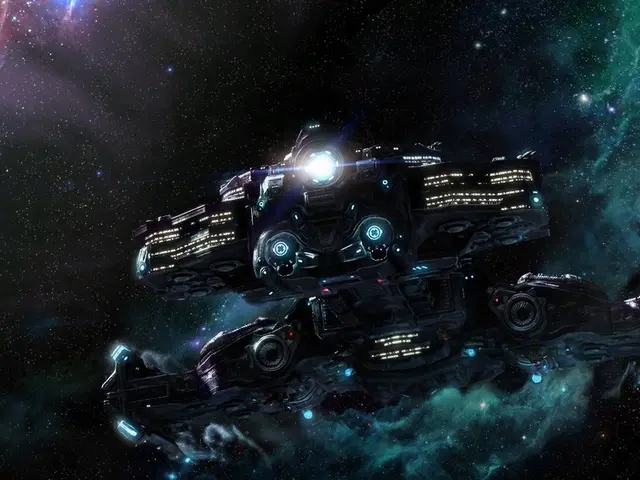Taxpayers Face Billion-Euro Burden for Troubled THTR-300 Reactor Decommissioning
Taxpayers in North Rhine-Westphalia face a hefty bill for decommissioning the troubled Thorium High-Temperature Reactor (THTR-300) in Hamm. The reactor, which operated for just 423 days, left behind a legacy of irradiated fuel and costly maintenance. Meanwhile, 675,000 irradiated pebbles sit in storage, awaiting safe disposal.
The THTR-300, a further development of military graphite reactors, was plagued with issues from the start. In its brief operational life, it experienced 125 reportable events. The reactor was shut down in 1989, and its decommissioning has been ongoing ever since. The total cost so far is approximately 441 million euros, with taxpayers footing the majority of the bill.
The reactor's fuel pellets contained 93% enriched uranium, raising concerns about access to weapons-grade material. However, deliveries of highly enriched uranium for high-temperature reactors were stopped in 1977, eliminating this risk. The reactor has been in safe enclosure for 36 years, with plans to continue its safe storage until 2027 and start dismantling preparations in 2028.
The High-Temperature Nuclear Power Plant GmbH (HKG), the reactor's operator, filed for insolvency in 2025. The Local Court of Dortmund ordered preliminary insolvency administration over its assets. The Higher Regional Court of Düsseldorf ruled that the state and federal government are not obliged to bear additional decommissioning costs, leaving taxpayers to cover the expenses.
The THTR-300's legacy continues to burden taxpayers in North Rhine-Westphalia. With approximately 305 Castor containers of irradiated pebbles in storage, the safe disposal of this material remains a pressing issue. The ongoing decommissioning process and storage costs highlight the need for careful planning and funding in nuclear power projects.
Read also:
- Hydrogen set to revolutionize India's space expeditions, transportation sector, and clean energy ambitions, according to ISRO Chairman's claims
- Strategic approach to eco-friendly nickel production for electric vehicles in Europe
- Solar energy company, Imperium, alongside QORAY Mobility & Energies Solar Business, bolsters Nigeria's environmental future by producing superior solar panels domestically and offering flexible payment options.
- AI Inspection Company, Zeitview, Secures $60 Million Funding for Expansion








